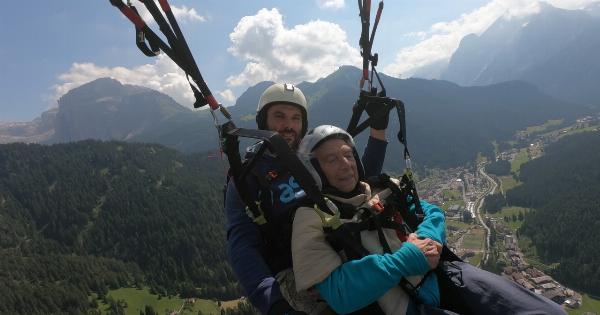Concussion is a traumatic brain injury that is caused by a blow to the head or body. Children who play sports or engage in physical activities are at higher risk for concussions.
While most children recover from a concussion within a few weeks, some may experience long-term effects that can impact their academic, social, and personal lives.
The Definition of Concussion
A concussion is a mild traumatic brain injury that can occur after a blow or jolt to the head or body. It disrupts normal brain function and can result in a variety of symptoms such as headache, dizziness, confusion, and memory loss.
Concussions can occur in a variety of settings, including sports, car accidents, and falls.
Cause of Concussion in Children
Children who participate in sports and physical activities are at a higher risk of suffering from a concussion. The following sports are associated with a higher risk of concussion:.
- Football
- Hockey
- Soccer
- Basketball
- Wrestling
Children can also suffer from a concussion outside of sports. Falls, car accidents, and physical abuse are other common causes of concussion in children.
The Symptoms of Concussion in Children
Children who suffer from a concussion may experience a variety of symptoms. These symptoms may include:.
- Headache or pressure in the head
- Nausea or vomiting
- Dizziness or balance problems
- Fatigue or drowsiness
- Difficulty sleeping
- Sensitivity to light or noise
- Difficulty concentrating or remembering
- Irritability or changes in mood
The Short-Term Impact of Concussion in Children
Most children who suffer from a concussion experience short-term symptoms that resolve within a few weeks. However, some children may experience more severe symptoms that can impact their daily lives.
Children who experience severe symptoms may need to take a break from their usual activities in order to recover. This may impact their schoolwork, social life, and personal activities.
The Long-Term Impact of Concussion in Children
While most children recover from a concussion within a few weeks, some may experience long-term effects that can impact their academic, social, and personal lives.
Studies have shown that children who suffer from repeated concussions may be at risk for long-term cognitive problems. These problems may include difficulty with memory, attention, and executive function.
Repetitive concussions have also been associated with an increased risk of depression and other mood disorders.
Children who suffer from repeated concussion may be at risk for developing chronic traumatic encephalopathy (CTE), a progressive neurodegenerative disease that can cause cognitive problems, mood disorders, and other symptoms.
The Importance of Treatment and Prevention
Treatment and prevention are critical when it comes to concussion in children. Children who suffer from a concussion should be evaluated by a healthcare provider and should be cleared to return to their usual activities before doing so.
Prevention measures, such as proper equipment and safe playing techniques, can help reduce the risk of concussion in children.
Parents, coaches, and other caregivers should be aware of the signs and symptoms of concussion and should take appropriate action if a concussion is suspected.
Conclusion
While most children who suffer from a concussion recover within a few weeks, some may experience long-term effects that can impact their academic, social, and personal lives.
Prevention and treatment are critical when it comes to concussion in children, and parents, coaches, and other caregivers should be aware of the signs and symptoms of concussion.





























